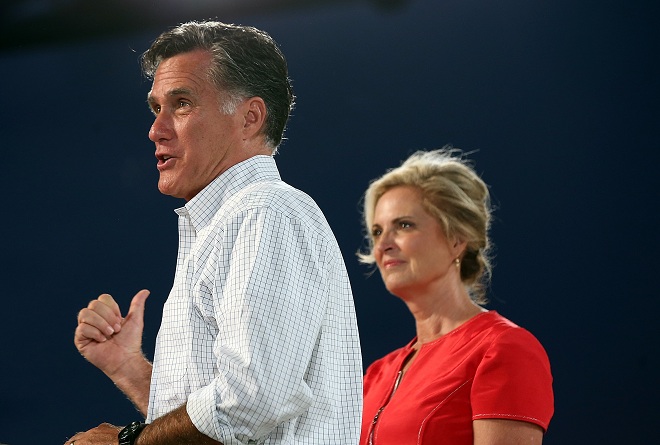CAIRO: On news that the government plans to lease four railway lines to private investors by the end of this year, Minister of Transport Mohamed Mansour confirmed that the government has no plans whatsoever to privatize the national railway system.
“The government does not intend to privatize the national railway transport system by any means, and fares will remain unchanged especially in third class vehicles to protect low-income levels, Mansour recently said in a press statement.
“Any price increase will be in first class tickets only in return for better services.
Growing concerns over the government’s ongoing privatization program have touched upon the national railway system, raising fear it might overstrain the poor. In Egypt, poorer segments of the society heavily rely on rail transport to commute from their hometowns to major cities, where employment opportunities are much wealthier.
Prime Minister Ahmed Nazif reiterated earlier this year statements confirming that the government has no intention to privatize the transportation sector, but instead it plans to restructure and revamp the entire sector.
Yet, Al Mal newspaper recently quoted Mansour saying there were plans to lease four railway lines to private investors by the end of the year, linking new suburbs and industrial areas in Cairo and Alexandria with the main cities. Ministry officials could not confirm the news but instead said that the ministry is venturing into public-private partnerships to upgrade the country’s road, rail and Nile transport systems.
Under these public-private partnerships, the government seeks to facelift all of Egypt’s ports, beginning with major ports in Ain Sokhna, Alexandria, Dekheila, Damietta, and Port Said. Further projects include construction of a new highway that connects Cairo to Marsa Matrouh to Alexandria and Port Said as well as a new ring road that spreads across 400 square km, passing through Suez, Ismalia, Beblis, Banha, and Cairo-Alexandria Desert Road.
The government will also oversee construction of a new Ring Road that connects Shubra El Kheima to Banha, with total investments amounting to LE 750 million. The ministry plans to auction off early next year two new rail lines. The first will run across the Alexandria-Borg Al-Arab Road and the second across the Cairo-Sixth of October City Road.
“Investments have been recently targeting sectors beyond tourism and real estate, which, in our opinion, will have a bigger impact on the economy, and, subsequently, small and mid-cap stocks on the stock exchange, commented Beltone Financial.
Mansour explained last February that Egypt expects to pull in LE 67 billion ($12.2 billion) over the next two years through public-private partnerships in some 30 transport infrastructure projects to sustain economic growth rates.
“Egypt can’t sustain growth levels without a good transport system. Without a good transport system, how can you get one product from one place to another? How can you export products from one country to another? Mansour said. “If we can’t have an efficient transport system, then we [are caught] in a bottleneck.
Egypt’s economy grew to more than 7.2 percent, its fastest annual pace in decades. Still, the country’s ailing transport infrastructure overburdened economic growth and development. A series of fatal road, rail, and ferry accidents in recent years have sparked public dismay over the government’s handling of transport safety.
Of this LE 67 billion, LE 50 billion ($9.1 billion) will be allocated to the maritime transportation sector, and the remaining LE 17 billion will go to roads and railway system. The projects include six river ports in the governorates of Qena, Sohag, Assiut, Gharbiya, and Cairo, Also this year, the ministry plans to offer tenders in four highway projects, two new rail lines, and seven railway stations.
This investment is important for a number of factors, not the least the importance in upgrading Egypt’s transport infrastructure, which could act as a bottleneck for economic growth, given the low investment in mass public transport, stated Beltone Financial.
“It is also important because it will employ a significant number of labor force.and help boost the trickle-down effect of Egypt’s economic growth, stated the regional investment bank.
Meanwhile, the ministry stated it expects investments of LE 10 billion in renovation of the national railway system. The ministry will also earmark investments of LE 2.5 billion over the next three years towards face-lifting the country’s railway tractors and passenger vehicles.


